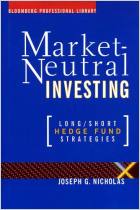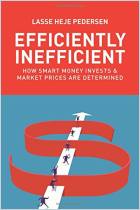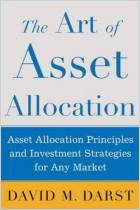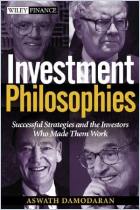
Market Neutral Investing
Build Consistent Low-Risk Profits by Creating Your Own Hedged Portfolio
Read or listen offline
Amazon KindleRecommendation
Any investor disposed to pick stocks should read this excellent short introduction to the esoteric discipline of market neutral investing. Author Eric Stokes provides a better introduction to investment risk than the usual explanations found in most popular investing books. He also discusses a variety of ways to use the underlying principles of market neutral investing without becoming a full-fledged market neutral investor. Indeed, the quantitative capabilities and research skills necessary to run a market neutral portfolio are far beyond the scope of all but the most well-staffed investment firms. But a simple strategy like purchasing shares in an index inverse fund to hedge the risk of a long index fund could make sense for many investors. To learn if this strategy is right for you, getAbstract recommends reading this book.
Summary
About the Author
Eric Stokes is a money manager and publisher of Market Neutral Strategy, a quarterly newsletter. Previously, he was president of an independent, quantitative investment research firm. A graduate of Michigan State University, Stokes also holds an M.B.A. from Columbia University.

















Comment on this summary